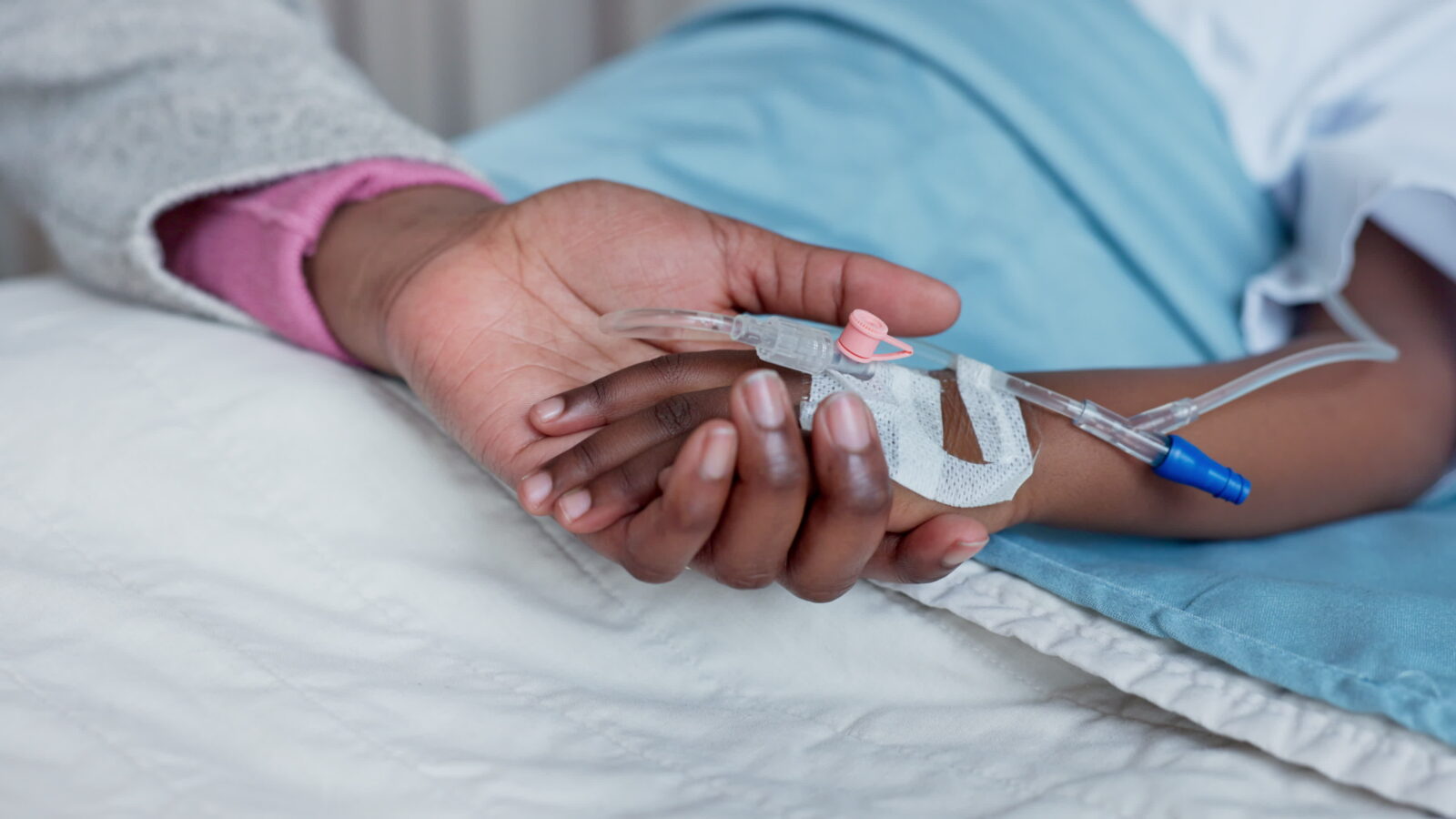BIORESEARCH
Native scientists lead $9 million research project on Covid-19 in indigenous communities
STAT's Annalisa Merelli has this report: On Friday, the National Institute of Health announced $9 million in funding for the creation of a repository of Indigenous Tribal data for research on Covid-19. The hub, led by Stanford University with the Native BioData Consortium, an indigenous nonprofit biodata repository and research institution, will be led and monitored by Native scientists, with the goal of ensuring responsible data collection and sharing among scientists working with indigenous communities.
The project addresses the lack of stated rules in the access of indigenous health data, a longstanding issue for research focusing on a segment of the population that already tends to be neglected in public health. For instance, when it comes to Covid-19 data, researchers would have to negotiate data access with each individual tribe, which would add significant hurdles to data collection. Now, all tribal Covid-data is available in one place, available to all researchers.
It's a welcome initiative, but one that won't be so easy to implement, said Joe Yracheta, the Native BioData Consortium's executive director. "This is a big task, and there's lots of contention, not only between tribes and the United States, but between the 574 tribes that exist. They are not always on the same page. Tribes are independent nations, and they all have their own ways of thinking and negotiating with outsiders," he said.

Adobe
RESEARCH
Black children are less likely to receive life-extending epilepsy surgery, study finds
Children with drug-resistant epilepsy who are Black or insured through Medicaid may be less likely than white and privately insured patients to receive surgical treatments that can end or minimize their seizures and extend their lives, according to new research being presented today at the American Epilepsy Society's annual meeting in Orlando, Fla. The study of 18,000 children who were treated at 49 pediatric hospitals in the U.S. between 2004 and 2020 found that those who had cranial surgery, which involves removing or disconnecting the brain portion where seizures occur, were 83% more likely to be alive 10 years later.
But the surgeries were not received equally. While 57.8% of the children in the study were white and 14.6% were Black, 63.6% of those receiving cranial surgery were white and 10.1% were Black. "When you look at who is getting these treatments, it's very different," Sandi Lam, lead author of the study and division chief of pediatric neurosurgery at Lurie Children's Hospital, told STAT's Usha Lee McFarling. "It really isn't fair." Read more.
health
Study: Chronic health disparities among queer and straight cancer survivors
Young adult lesbian, gay, and bisexual cancer survivors are more likely to have chronic health conditions than their straight peers and other queer people who haven't had cancer, according to a new study in CANCER. Researchers analyzed survey data from 170 LGB cancer survivors who were diagnosed between age 15-39, matching them to 1,700 LGB people without a history of cancer and 1,700 straight cancer survivors from 2013-2020.
Over 70% of lesbian, gay, and bi cancer survivors reported at least one chronic health condition, compared to 59% of straight cancer survivors — 21% and 15% respectively reported having more than two. As experts often tell me, the disparity isn't inherent to their queerness: study authors found that lesbian, gay, and bi survivors were less likely to be married or living with a partner than their straight counterparts. It may not sound important, but the authors noted that not only does marriage allow the sharing of insurance benefits, but it's associated with earlier detection, improved cancer-specific survival, and with higher use of follow-up cancer care.
No comments